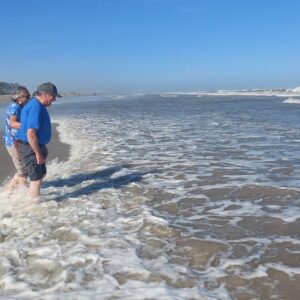NZAB calls for greater GHG transparency, but ignores problem of hidden logging emissions
Nature Canada applauds Canada’s Net-Zero Advisory Body’s (NZAB) call for more transparent reporting of greenhouse gas emissions reporting in its First Annual Report, but laments the report’s failure to address the underreporting of logging sector emissions.
A recent Nature Canada report revealed that net emissions associated with logging and harvested wood use in Canada match emissions from oil sands production – about 75 million tonnes in 2020.
“Over 90 international scientists and 70 health and environment groups have called for more transparent and accurate reporting of logging sector emissions in Canada, so it is disappointing that NZAB has ignored this issue,” said Michael Polanyi, Policy and Campaign Manager at Nature Canada. “There is quite simply no path to meet our climate targets without recognizing and reducing the greenhouse gas emissions associated with industrial logging.”
The NZAB report details emissions from most major industrial sectors, but fails to break out emissions from logging, despite the significant scale of greenhouse gas released through the annual logging of over 700,000 hectares of forests, and the burning and use of the wood harvested.
“By failing to accurately report the true climate impacts of logging, NZAB’s report is basing its recommendation for a net-zero industrial strategy on a house of sand,” said Polanyi.
Nature Canada is calling on the federal government to more transparently and accurately report logging-related emissions in its 2022 National GHG Inventory Report and progress report on its 2030 Emissions Reduction Plan, both of which are due out in 2023.
Michael Polanyi
343-553-6060 (mobile)



